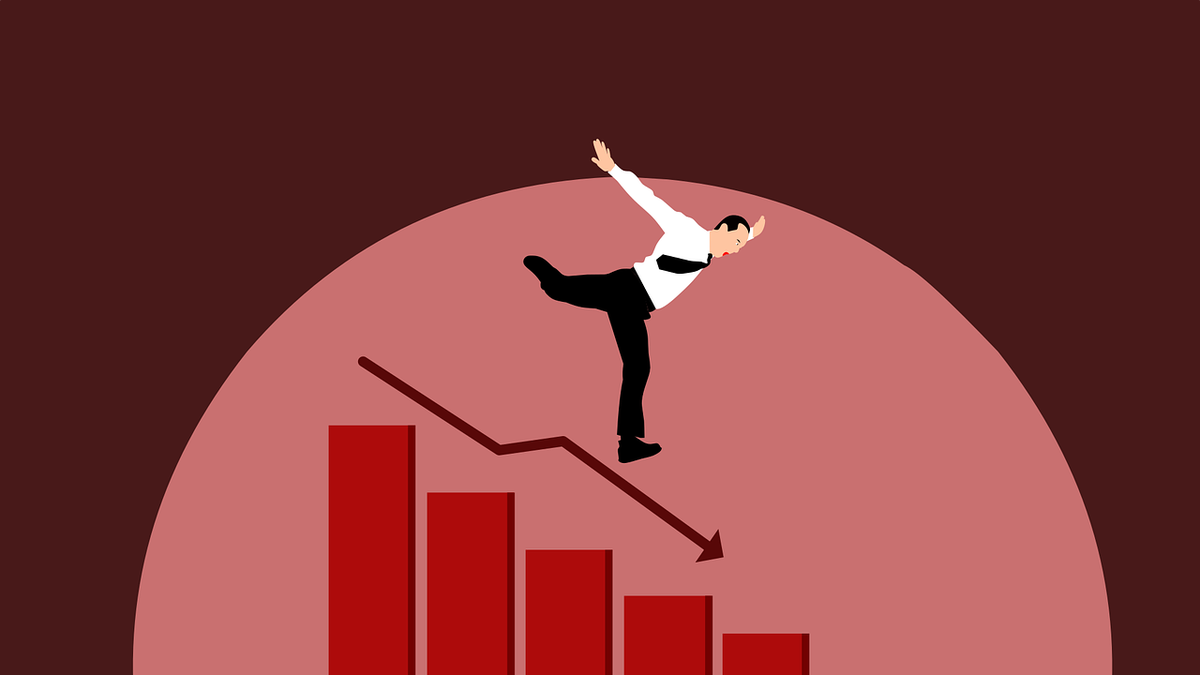But this auspicious dynamic of the real economy coexisted with a worrying deterioration in macroeconomic imbalances and social vulnerability. The aforementioned recovery in consumption was not only reflected in terms of structural improvements in social indicators, but it was evidenced in parallel to the acceleration of inflation, the virtual freezing of tariffs, a low level of international reserves and the uncertainty about the stability of the scheme in force by virtue of the delay in relation to the agreement with the IMF.
For Ecolatina, a duality arises: nominal instability and economic recovery.
What factors helped the recovery in 2021
- Dismantling of health restrictions
- Recovery of consumption dependent on attendance
- Improvement in real income in the second part of the year.
- Greater incentive to consumption and stimulus measures (Pre-Trip).
- Employment improvement
- Recomposition of real wages and household income
- Income policies “in an electoral key”.
“About this dynamic, Far from being an obstacle, the deepening of macro-financial imbalances contributed to drive the greater demand for goods and services. On the basis of a disposable income that recovered strongly (due to parity and the freezing of tariffs), the greatest incentive relative to consumption operated as a complement: the financing plans at a negative rate, the marked exchange rate delay, a high exchange rate gap, the The lack of saving alternatives and the uncertainty in relation to the direction prior to the agreement with the IMF opened windows of opportunity (“flight to consumption”) for the acquisition of durable goods and the replacement of capital goods. In fact, between July 2021 and February of this year, the perception of consumers regarding whether it is a good time to acquire durable goods increased 56%, when in the same period the expectation regarding the macroeconomic situation deteriorated 9% “, according to the report.
The import jump reflects this dynamic. In the last three quarters, import payments averaged USD 5.5 billion per month (exceeding USD 6 billion in some months), around the highest levels in the series. Logically, this materialized in a context of abundant settlements by the agro-export sector (favored by the jump in the price of commodities), the entry of SDRs from the IMF in August (which allowed the contribution from agriculture not to be used for cancel maturities with the same body) and limitations for the face-to-face acquisition of goods abroad. Finally, more recently The agreement with the multilateral organization was the one that made it possible to overcome a scenario of economic disruption in the short term.
The risks for 2022
- The acceleration of inflation that will slow down the recovery of income.
- The implementation of the agreement with the IMF “will block the drivers” that boosted growth in 2021
In the second point, Ecolatina points out the factors that will put a brake on consumption: 1) adjustment of energy rates, to reduce the subsidy bill together with the acceleration of devaluation seeking to avoid further deterioration of competitiveness that puts a floor raised to inflation. 2) the fiscal deficit target limits the expansive bias of fiscal policy to boost demand. 3) the rise in interest rates makes consumer credit and investment more expensive. 4) the goal of accumulation of reserves places a limit on imports that can be paid with the current level of foreign currency.
“Likewise, and beyond the availability of foreign exchange, it remains to be seen whether the energy supply will be sufficient to avoid gas cuts in the winter, which could affect the industrial fabric. To a large extent, the ability to continue growing at the current rate will depend fundamentally on the level of BCRA reserves,” the consultant warned.
“There are several factors that lead us to think that the coexistence between a strong deepening of the imbalances and the continuity of the economic recovery (and of consumption) will not be able to extend much more. In this context, the crisis within the ruling coalition will continue to generate tug-of-war around the dilemmas facing economic policy and questions about the will to comply with the agreement with the Fund. What is clear is that a good part of the elements that together drove the growth of consumption in the last three quarters will be, at least, more weakened going forward,” they concluded.
Source: Ambito
David William is a talented author who has made a name for himself in the world of writing. He is a professional author who writes on a wide range of topics, from general interest to opinion news. David is currently working as a writer at 24 hours worlds where he brings his unique perspective and in-depth research to his articles, making them both informative and engaging.




